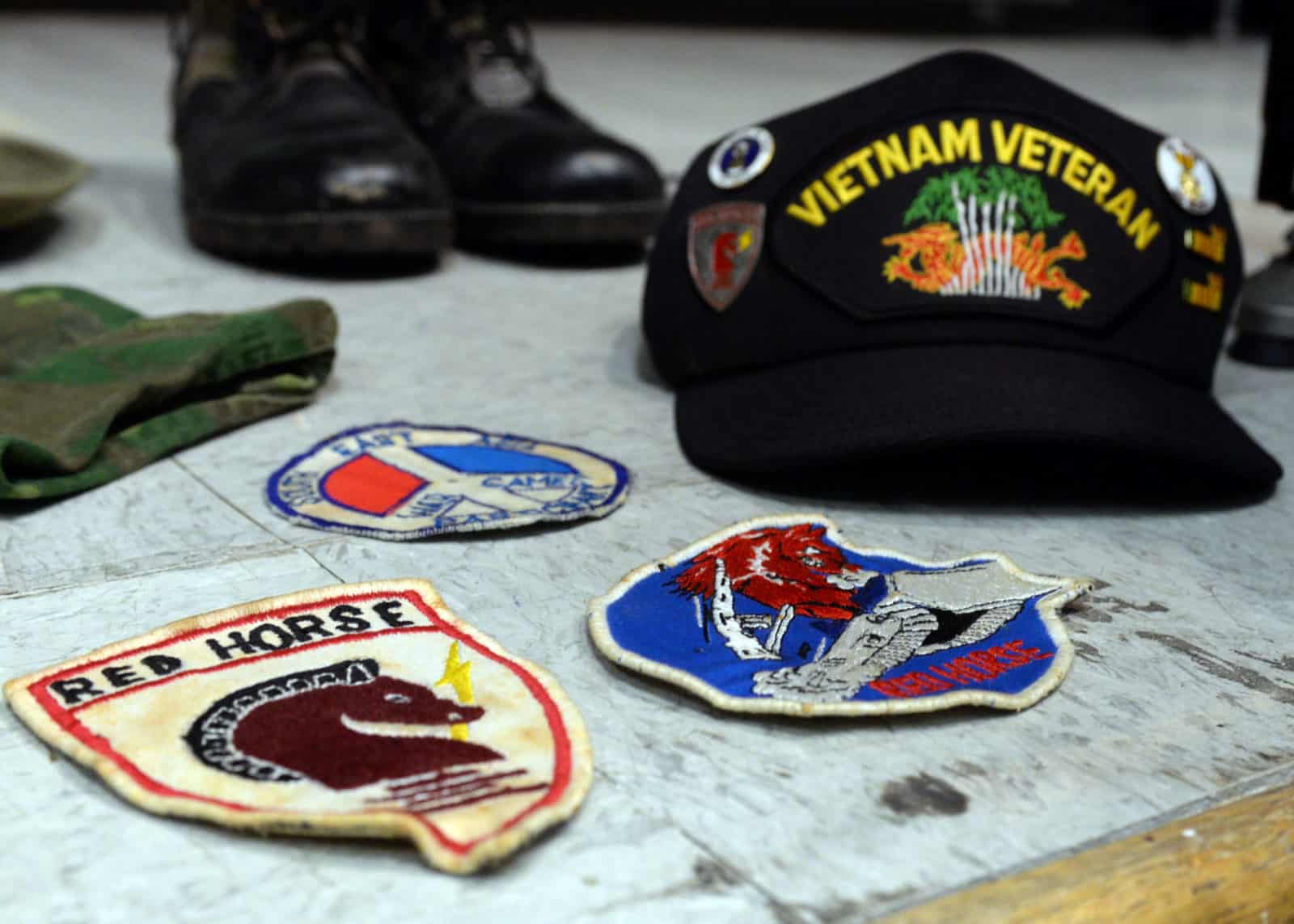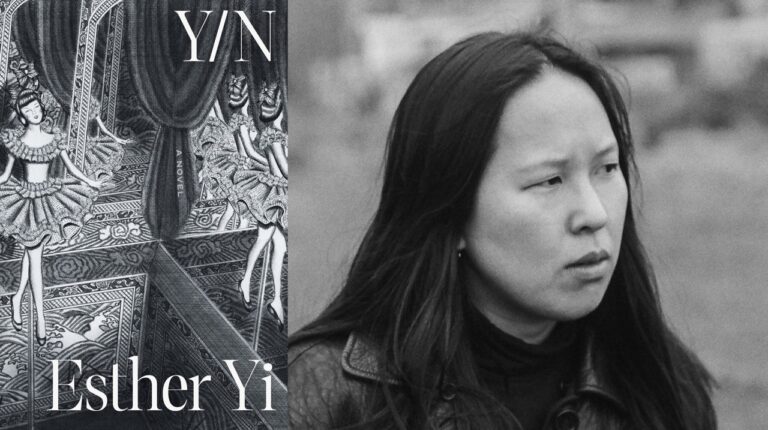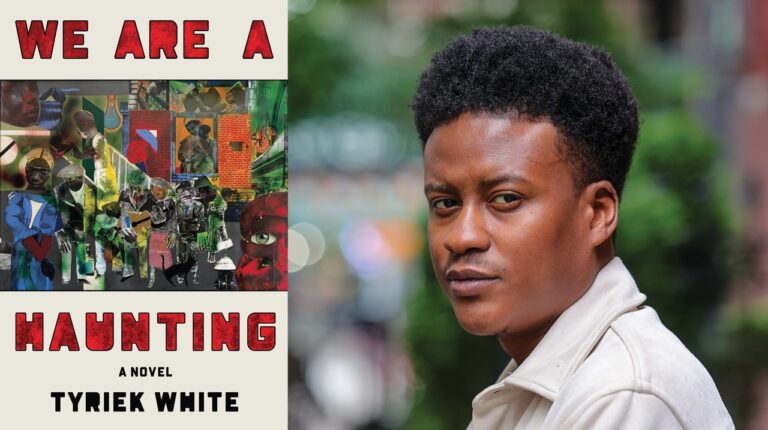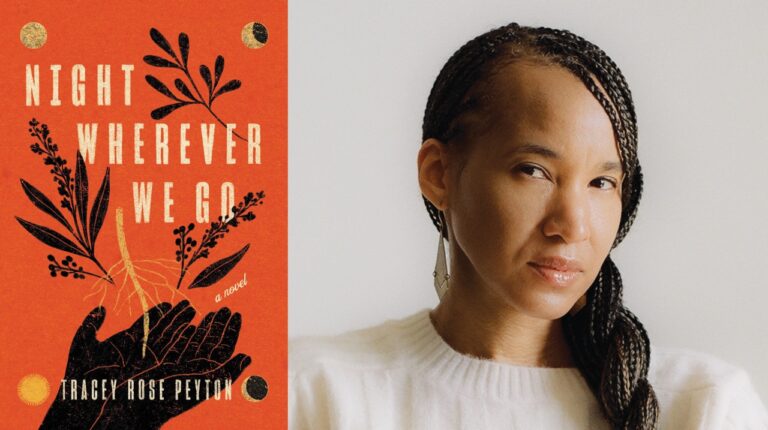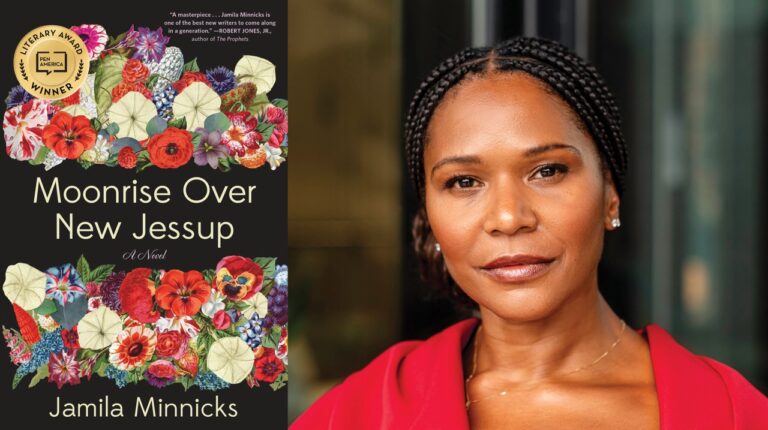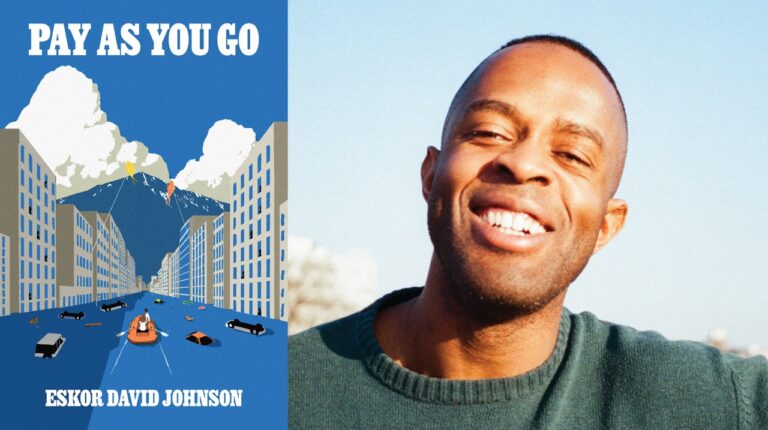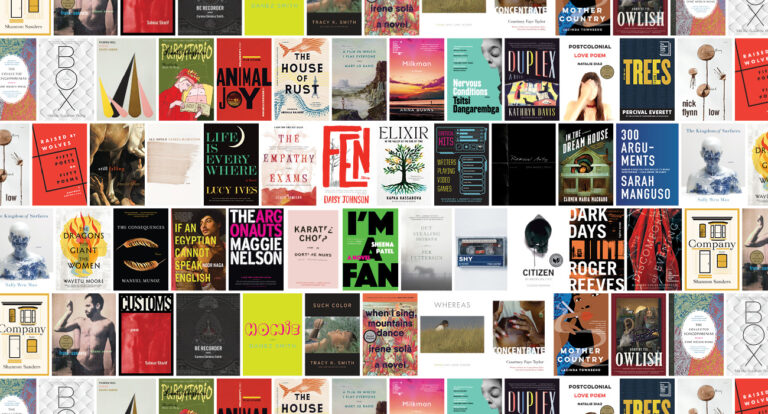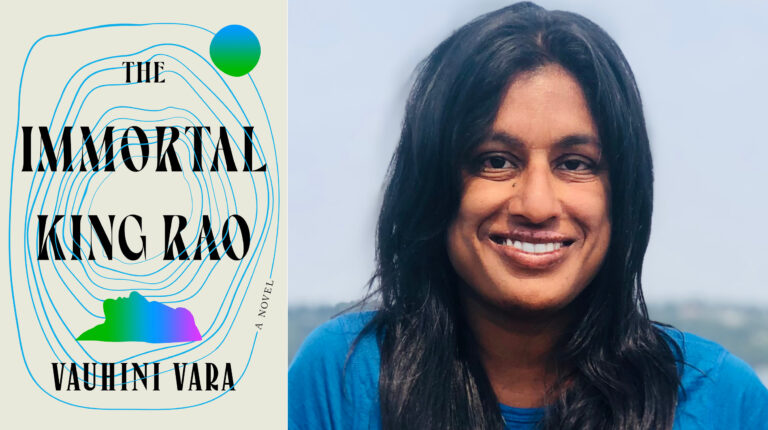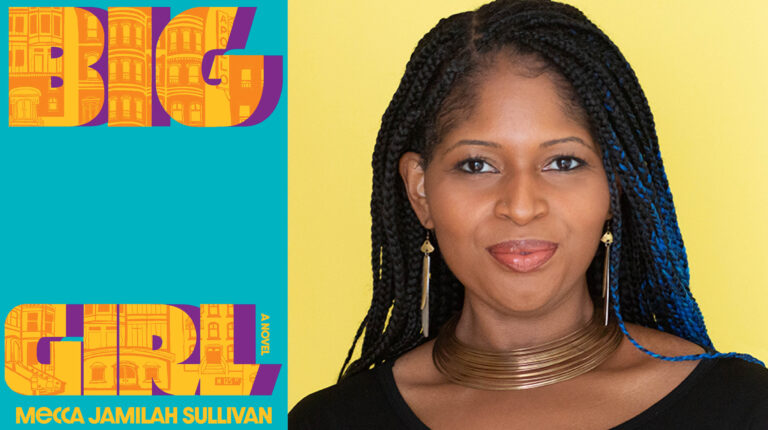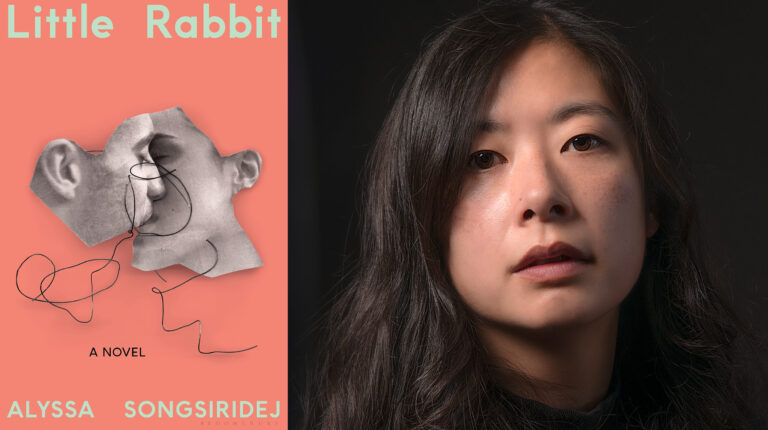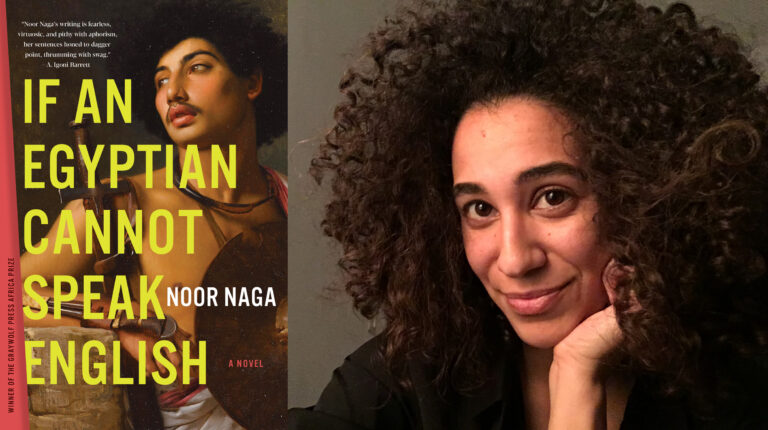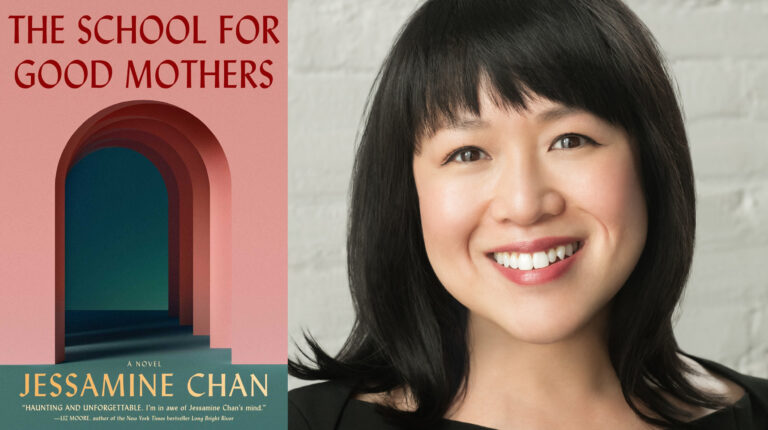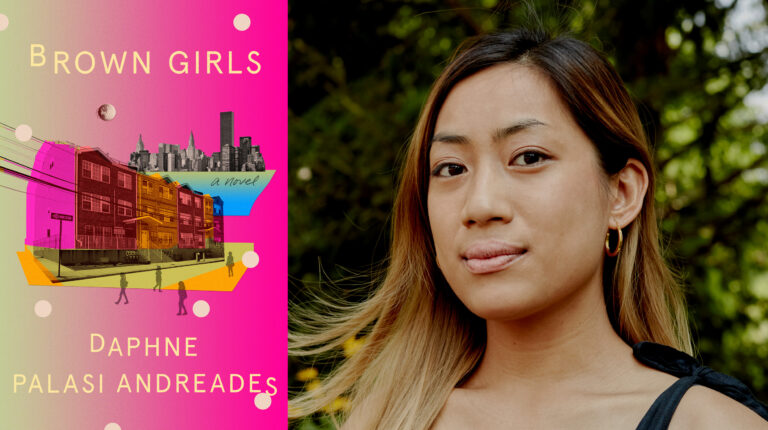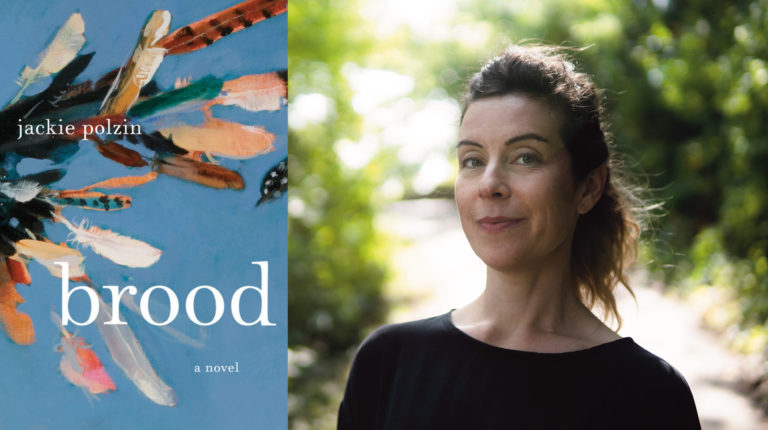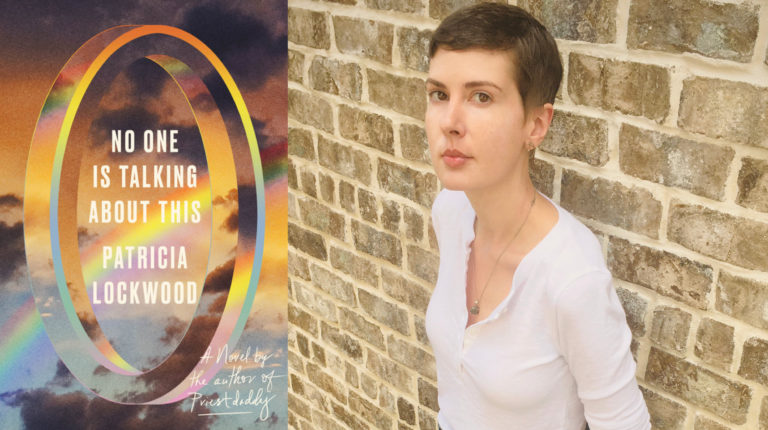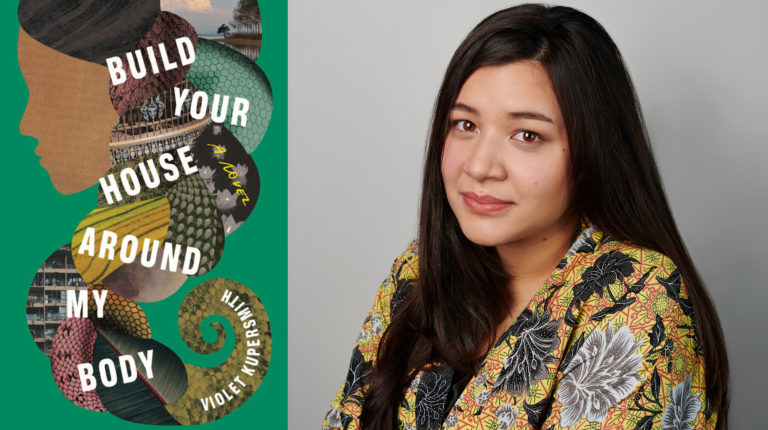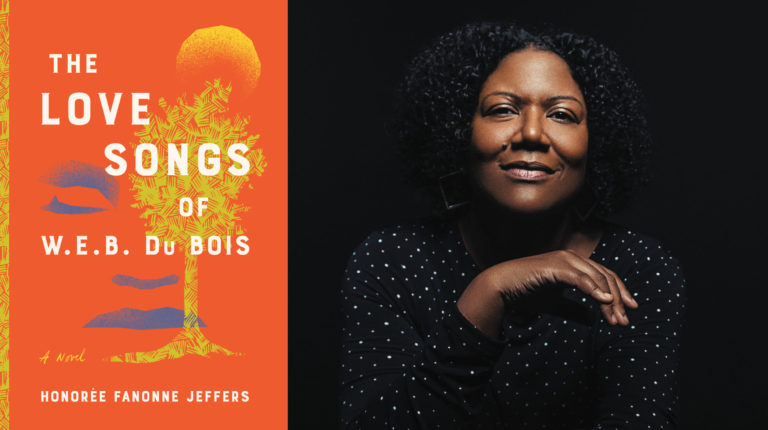Viet Thanh Nguyen won the 2015 Center for Fiction First Novel Prize for his debut novel, The Sympathizer. Here, he talks to our Executive Director, Noreen Tomassi, about developing the narrator's voice, American literature on the Vietnam War, and the risks he took in his novel.
The Sympathizer has one of the greatest first lines in literature in recent years: “I am a sleeper, a spook, a man of two faces.” The reader is immediately transfixed by this unique, very precise, voice. It’s risky in some ways because that voice is so measured and a bit distanced, albeit in an intriguing way. Can you tell me a bit about the decisions you made as you developed that voice for the narrator, or did it just appear from the moment of inception of the book?
Well, when Nat [agent Nat Sobel] told me I should write a novel, the first thing that came to my mind was a spy novel. I knew the type of story that I wanted to tell was in the spy novel genre and would have something to do with spies during the Vietnam War. I thought this specific genre would allow me to engage historical and political issues and, at the same time, it would also be entertaining to work within the constraints of that genre. To do that, I had to have a strong central character and most likely a first-person narrator if I wanted to use some of the conventions of hard-boiled fiction.
Then it was a matter of finding his voice. I spent two or three months writing different opening scenarios, trying different opening lines. Nothing was really working. Nothing I was trying really spoke to me. I don’t know how the opening line came to me, but once I had it, I looked at it and thought, “This is perfect. This is exactly how I want the novel to start. This is how I want the voice of this character in the novel to be.”
As the novel unfolds, you let us know that he speaks English beautifully and precisely because of his education in the U.S., but it’s very present in his careful word choice and the cadence of his sentences. This puts him in sharp contrast to the people around him and begins to create a kind of tension—it did at least for me as a reader—a distance between who he is in the world and all of the people around him, even those people he loves. Can you talk a little bit about that? The notion of how we speak, how language defines us—either limiting us or opening us to certain things. Is that an issue for you at all?
In Asian-American literature, in any kind of ethnic minority literature in the U.S., the writers working in these traditions are always conscious that they occupy a particular and different place in the dominant language in which they write.
I wanted to gesture at all the ways that these writers have sought to master that dominant language, while being aware that it’s a really politically tricky and risky maneuver to do that because it means that you are separating yourself from whatever native tongue and native culture you came from. You’re essentially playing by the rules set down by the people who are oppressing you in the first place.
The narrator feels that tension very clearly, both in terms of his professional life as a spy but also in his other capacity as a writer and as someone who is a translator or cultural intermediary. His situation is a magnification of things I feel every day as someone who has come into English as a second language, and who has sought to master it, both in my profession as a professor of English and as a writer.
So, all that is supposed to be there—in his voice. Also present must be his sense of being someone who’s not the same as how everyone else perceives him.
The narrator has a biological father, whom he hates, the French priest. He also has other surrogate fathers or father-like figures who are trying to claim him and own him in a way— the General, Claude, even later in the book, his friend Man. Can you talk a little bit about that?
There are clearly Oedipal things happening in the book. His character is partially inspired by historical fact. There really were many Eurasians and Amerasians in Vietnam as a result of colonization and the French and American occupations. A very, very common theme from their experiences is the search for their fathers. Many of these people were abandoned and felt that sense of abandonment very deeply. They longed for acknowledgement from their fathers.
This helped to inform my sense of who this person is, that he hates his father for having abandoned him and not recognizing him, but he yearns for that recognition as well, either from that father or from other people who take his place—and that recognition can make him feel validated. The childhood trauma of feeling abandoned is something that continues to shape the rest of his life.
And that connects to the larger issue. For people who have undergone colonization, they both love and hate the culture that colonized them. Many of them completely rejected the idea of being ruled by French people, but at the same time, they yearned for French culture and French validation and French recognition. That mixed reality is widespread in many kinds of colonial situations.
One of the things that makes the interlude of the American film that is being shot in the Philippines so poignant, is that though the narrator seems to have a pretty deep cynicism and pretty grounded knowledge of the world, he goes into that situation thinking that he can have an impact on how the Vietnamese experience and the Vietnamese people are seen in the film. He believes this despite his relative powerlessness and the director’s egotism. It doesn’t work out quite as planned.
He’s a contradictory character. He’s very critical. He’s revolutionary. He thinks he sees the way the world works with very clear eyes. But he also, again, longs for recognition, longs for validation, thinks that he can make a change in things and there are various episodes that undercut all of that.
The Philippines episode in the novel is sort of a foreshadowing. It is the foreshadowing of what’s going to happen later in the re-education camp, where his cynicism and his insights and his ambitions just aren’t going to be enough in the face of his own weaknesses, but also as he faces various powers arrayed against him, whether it’s American culture, or an egomaniacal director in the Philippines or the Communist Party.
It’s interesting to think about how that desire for recognition and respect on the part of the narrator relates to the scenes in the re-education camp near the end of the novel, to a man who has literally lost his face. I was so shocked and moved by this broken-hearted faceless figure at the end of the book.
I was thinking of a couple different things. I thought explicitly about gangster dramas, police and villain dramas, Hong Kong films. I watch a lot of these. They’re all melodramas about the government. One guy is a good guy. One guy is a bad guy. But they’re both unified because they’re mirror images of each other and often in the end they sacrifice themselves for one another. That type of story really resonated with me. That’s how they saw themselves—and how we saw ourselves. Brothers who were living in a world of violence, who were going to sacrifice ourselves for each other. Some of us went to college and some of us went to jail. That was the underlying emotion in the novel—what it means to be blood brothers who love each other, but are divided by circumstance, and by their own choices.
Once the story moves to the re-education camp and that more explicit political narrative, I was thinking about how many people in Vietnam, including actual brothers, were on different sides. They loved each other, but they chose different political paths. Many of them, on both sides, felt betrayed by their brothers, literal or otherwise, as well as by their own choices. Their fates were really tragic. That’s what I wanted to get at in telling the story of the narrator and his two childhood friends who as adults meet very different fates.
The character of Man in particular becomes a stand-in for all the really passionate, idealistic revolutionaries in Vietnam who gave everything for their country and for ideology. In the end, some of them really felt the revolution had betrayed them in different kinds of ways. Having lost his face was an explicit rendition of that.
When you set out to write this book, were you writing it very consciously in relation to other books about Vietnam or did you put that aside? Were there books that influenced you or books you wanted to have a conversation with or react against?
I’m a student of 19th and 20th century American literature. That’s what I did my doctoral research in so I was thinking about all of that, about everything that I’ve read. There are ways in which I think the book is trying to speak back to an entire tradition of American literature. The most obvious book that it’s working with and against is Ralph Ellison’s Invisible Man. If you’ve read that book, you can see that from the very opening paragraph of The Sympathizer, many of the words and character traits of my narrator are echoing or responding to Invisible Man.
Certainly I’ve read a huge amount of American literature about the Vietnam War and seen many, many films about the Vietnam War. This novel is meant to be a response and a rebuttal to what I perceive of as a certain kind of thinking that American writers and filmmakers have had about Vietnam. I respect many of these novels and films, but I strongly disagree with how they portray Vietnam and Vietnamese people and the Vietnam War in ways I think are fundamentally mistaken.
Yes, it seems that in so many of the books and films that are admired about the Vietnam War, including many good works of art, there is a certain elision of the humanity and complexity of the experience the Vietnamese were going through at that time.
Yes, and a lot of Vietnamese-American literature doesn’t confront the war head-on. When it does, I feel that it also feels a little bit constrained in terms of speaking directly about what the United States did in Vietnam. This book, on one hand, wants to say, “American literature has overlooked Vietnamese people. So, here’s a story that helps to correct that.” But the book is meant to do more than simply fill in a gap. The book is also meant to be a very strong critique about American culture. The book doesn’t simply say, “You need to talk about Vietnamese people,” which Americans do. The book also says there is something fundamental about American culture that drove it to fight the Vietnam War and do some things that I think are morally and politically objectionable. That, I hope, is what takes the book beyond the level of being simply a work that fills in a gap about a war in one place and tries to force Americans to see themselves and their actions in the world in a different way as well.
I think it does that very effectively, not only about the Vietnam War, but also about now. I think that’s one of the great strengths of the book, that it’s very much of a time and place, but it speaks so directly to these things in the American character that are playing out in other regions now.
I think that’s inevitable. I think for those of us living in the last 10 or 15 years, even if we’re not writing directly about what the U.S. is doing in the Middle East and elsewhere, it’s hard not to have those events impact our consciousness and shape our fiction in subtle ways. Obviously it’s not so subtle in the case of this book, but the implications are very clearly there in The Sympathizer that what happened in Vietnam is a predecessor to what’s happening right now.
You traveled around the country for readings after publication and I wonder what kinds of responses or interactions you have had in different communities. What has that been like?
It’s really interesting because different audiences bring different questions. Asian American readers, Vietnamese people, these kinds of audiences, have been very appreciative and supportive. And there is the community of people like you who are professionals about literature, and the questions they ask are very different—they are often about form and the aesthetic and these kinds of issues.
And oftentimes the questions are not about the book at all, but about history and about Vietnamese culture and Vietnamese perspectives. Often there are people in the audience who have been directly affected by the war, either because they’re American veterans or Vietnamese or because they simply lived in that time period and were anti-war activists.
Those are often fairly emotional conversations. I’m glad it happens, though. I think people clearly, even now, 40 years later, still need to talk about that era, still need to process that history. And I’m sometimes the occasion for doing that.

